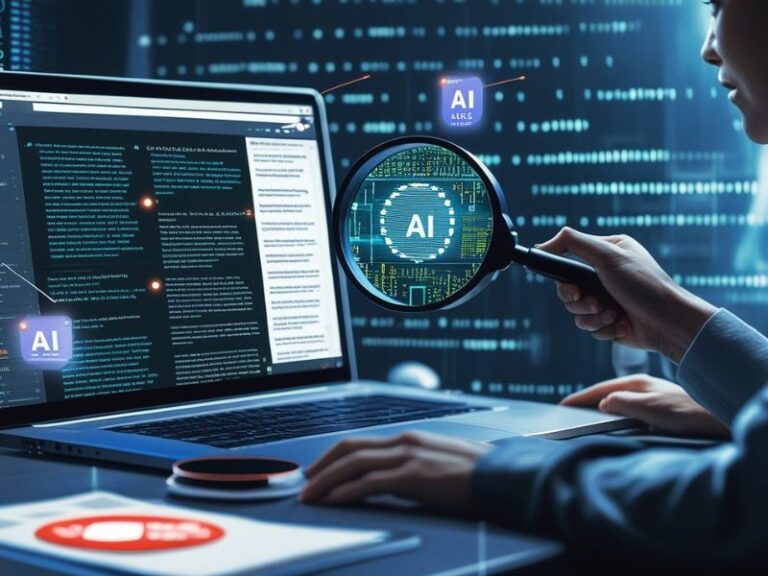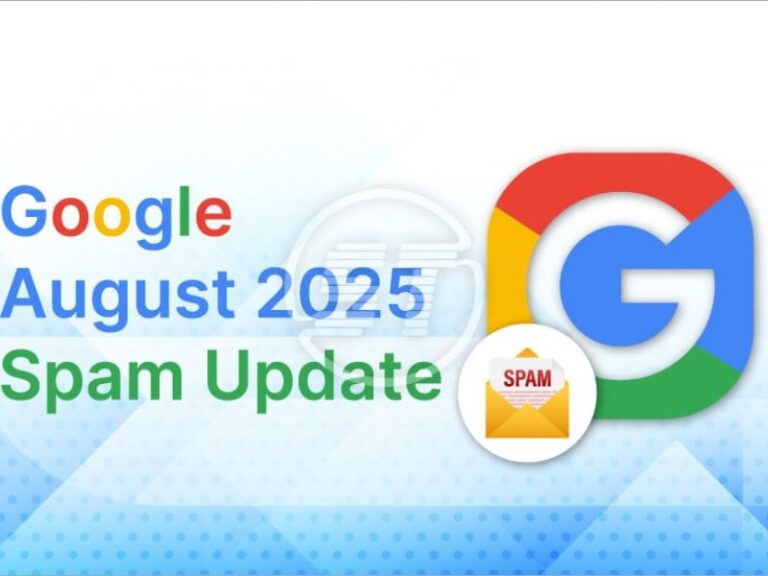The rise of artificial intelligence has sparked debates across industries, especially when it comes to testing the boundaries of what machines can and cannot do. One common question making waves in the tech community is: Can ChatGPT pass a CAPTCHA test? To answer this, we need to dive into what CAPTCHA tests are, why they exist, and how ChatGPT functions as an AI model.
What is a CAPTCHA Test?
CAPTCHA stands for Completely Automated Public Turing test to tell Computers and Humans Apart. Simply put, it’s a security measure designed to determine whether the user is a human or a bot. CAPTCHAs prevent automated systems from abusing websites—for example, by spamming comments, creating fake accounts, or scraping large amounts of data.
There are several types of CAPTCHAs:
- Text-based CAPTCHAs: Users are asked to type distorted letters or numbers.
- Image-based CAPTCHAs: Commonly require identifying objects (like traffic lights, buses, or crosswalks).
- Audio CAPTCHAs: Provide a string of spoken numbers or letters to be typed by the user.
- ReCAPTCHA (Google’s version): Sometimes involves clicking a checkbox (“I am not a robot”) or solving image puzzles.
Why CAPTCHA Exists
CAPTCHA technology was created to protect websites from automated abuse. Bots can:
- Flood websites with fake registrations
- Attempt brute-force attacks on passwords
- Scrape content for malicious purposes
- Inflate votes or manipulate online polls
CAPTCHAs ensure that tasks requiring human interaction remain secure, at least temporarily. However, with the rapid advancement of AI models like ChatGPT, the question arises—are these tests still effective?
How ChatGPT Works
ChatGPT is a language-based AI model developed by OpenAI. It is trained on massive datasets of text and uses pattern recognition to generate human-like responses. However, its primary skill set revolves around text understanding and generation, not direct visual or audio processing.
To clarify:
- ChatGPT cannot “see” an image unless paired with an external vision model.
- It cannot “hear” audio unless integrated with a speech recognition system.
- It processes and generates text, making it extremely powerful for conversation, writing, and problem-solving.
So, when we ask if ChatGPT can pass a CAPTCHA, we must consider whether it can interpret distorted text, identify objects in images, or decode audio challenges. By itself, the answer is no—but things change when AI is combined with other technologies.
Can ChatGPT Pass a Text-Based CAPTCHA?
Text-based CAPTCHAs often include distorted, rotated, or overlapping characters. These distortions are specifically designed to confuse automated text-recognition systems. Since ChatGPT cannot analyze images directly, it cannot read these distorted characters.
However, if paired with Optical Character Recognition (OCR) software, ChatGPT could potentially interpret the CAPTCHA once OCR extracts the characters. This combination of AI tools shows that while ChatGPT alone cannot solve CAPTCHAs, an ecosystem of AI systems working together might.
Can ChatGPT Pass an Image-Based CAPTCHA?
Image CAPTCHAs typically ask users to identify everyday objects like bicycles, cars, or street signs. This task requires computer vision, a field outside ChatGPT’s text-based abilities.
That said, when integrated with vision models like CLIP (Contrastive Language-Image Pre-training) or GPT-4 with Vision, AI systems can indeed analyze and interpret images. These integrations have shown promise in recognizing patterns and objects, which means AI could solve image-based CAPTCHAs with enough training.
Still, CAPTCHAs often rely on subtle distortions and contextual understanding, which remain challenging for machines. For example, distinguishing between a sidewalk and a crosswalk may confuse even advanced AI systems.
Can ChatGPT Pass an Audio CAPTCHA?
Audio CAPTCHAs present another hurdle. They involve distorted voices, background noise, and overlapping sounds to make recognition difficult. While ChatGPT does not process audio directly, coupling it with speech-to-text systems (like Whisper, another OpenAI model) could allow AI to convert audio CAPTCHAs into text, which ChatGPT could then interpret.
In short, while ChatGPT alone cannot pass an audio CAPTCHA, AI integrations can certainly help.
AI and CAPTCHA: A Cat-and-Mouse Game
The relationship between AI and CAPTCHA has become a continuous battle:
- Web developers design CAPTCHAs to stop bots.
- AI researchers build smarter systems to solve them.
- Each time CAPTCHA evolves, AI also advances, making the challenge ongoing.
In fact, studies have shown that advanced AI models can solve many CAPTCHA tests with higher accuracy than humans. This has led to innovations like behavioral analysis CAPTCHAs, which track mouse movements, typing speed, and browsing behavior to differentiate humans from bots.
Ethical Considerations
The ability of AI to bypass CAPTCHAs raises ethical questions. If AI systems can solve these tests:
- Website security could be at risk.
- Spam and automated abuse might increase.
- User trust in online systems could decline.
On the flip side, some argue that CAPTCHAs are frustrating for humans and not as effective as once believed. Newer security models, like invisible CAPTCHAs and AI-driven behavioral analysis, may be the future of online protection.
The Future of CAPTCHA in the Age of AI
As AI becomes more advanced, traditional CAPTCHAs are likely to become obsolete. Here’s what we may see in the future:
- Behavioral CAPTCHAs: Tracking user interaction patterns to verify authenticity.
- Biometric Verification: Using fingerprints, facial recognition, or voiceprints instead of puzzles.
- Invisible CAPTCHAs: Running quietly in the background without disrupting the user experience.
- AI vs. AI Security: Websites using AI-powered security to detect AI-generated interactions.
In essence, CAPTCHAs may evolve beyond puzzles into seamless, invisible security systems.
Can ChatGPT Alone Pass a CAPTCHA Test?
To bring it back to the central question: Can ChatGPT pass a CAPTCHA test?
- By itself: No. ChatGPT cannot directly process distorted text, images, or audio.
- With integrations: Yes. When combined with OCR, computer vision, or speech recognition, ChatGPT could help interpret and solve CAPTCHAs.
This distinction is key. ChatGPT’s strength lies in language understanding, but when paired with other technologies, its abilities expand dramatically.
Key Takeaways
- CAPTCHAs are designed to separate humans from bots.
- ChatGPT alone cannot solve CAPTCHAs, as it is a text-based AI.
- Integrations with vision and audio models make AI capable of solving certain CAPTCHA tests.
- The battle between CAPTCHA designers and AI developers is ongoing.
- The future may rely on invisible, behavioral, or biometric verification rather than traditional puzzles.
Conclusion
So, can ChatGPT pass a CAPTCHA test? On its own, no—but with help, yes. This highlights the bigger picture: AI systems are most powerful not in isolation but when working together. CAPTCHA tests may still be effective today, but the future of online security will likely shift toward more advanced, AI-proof methods.
The question isn’t just whether ChatGPT can pass a CAPTCHA—it’s whether CAPTCHAs themselves can keep up with AI.






